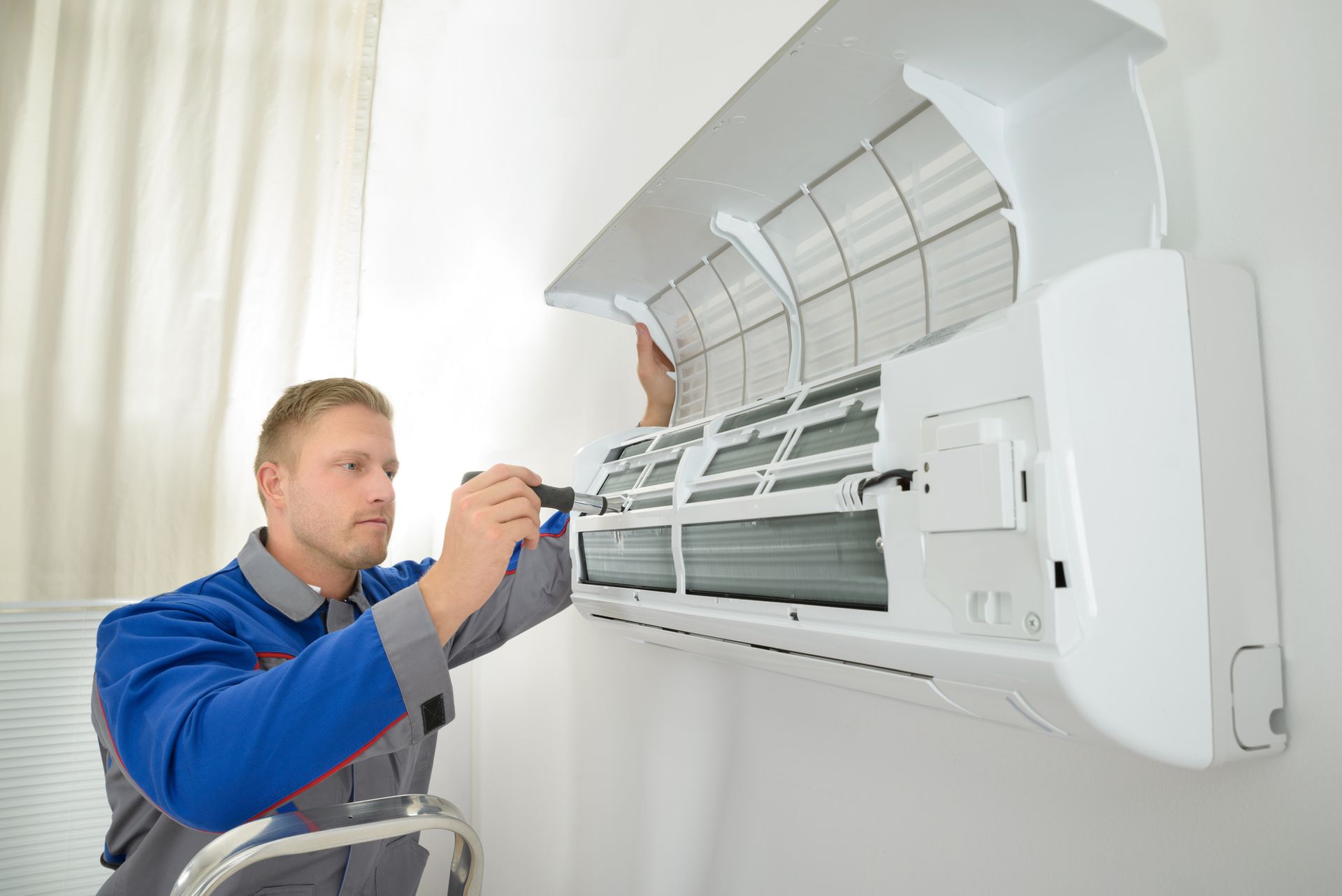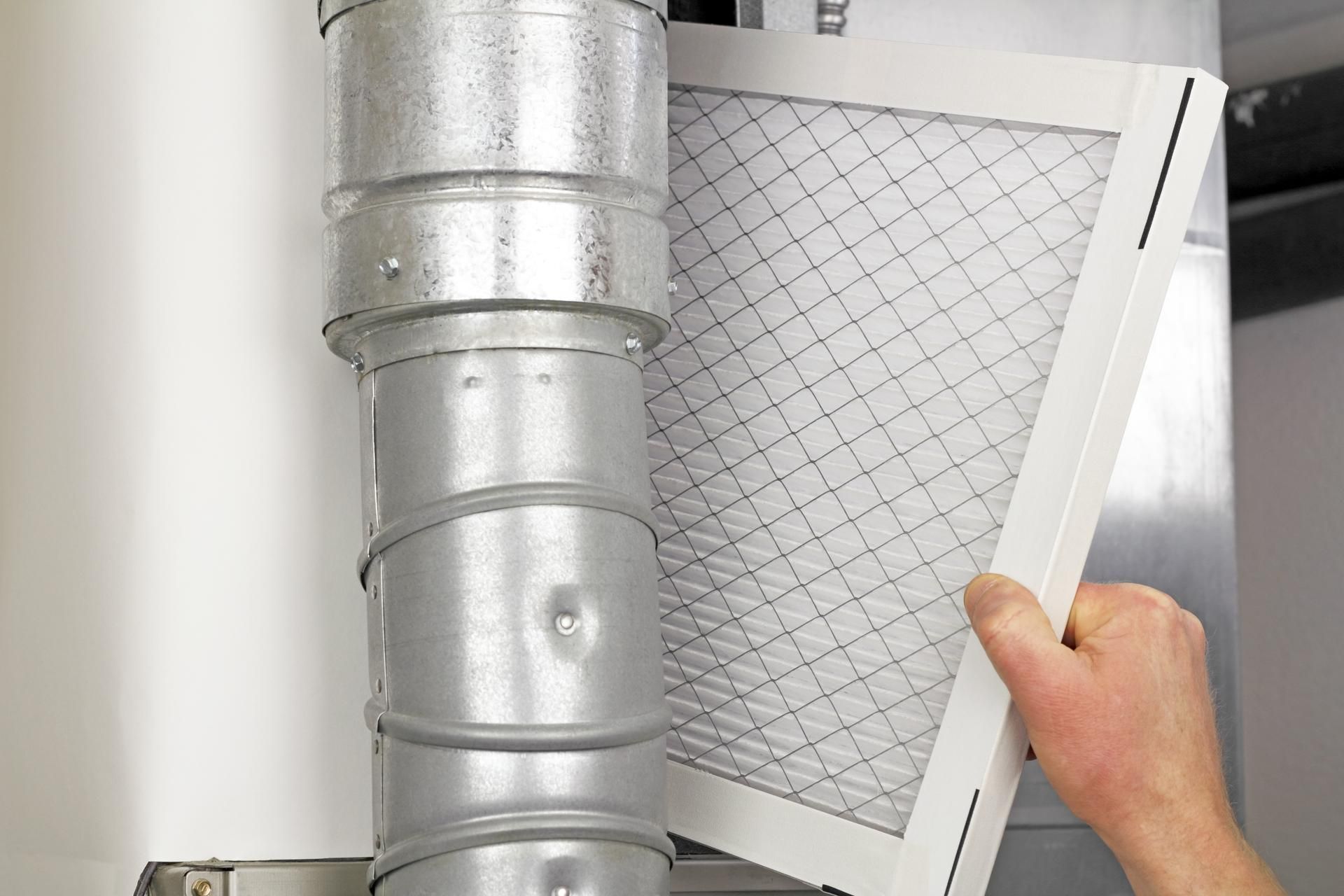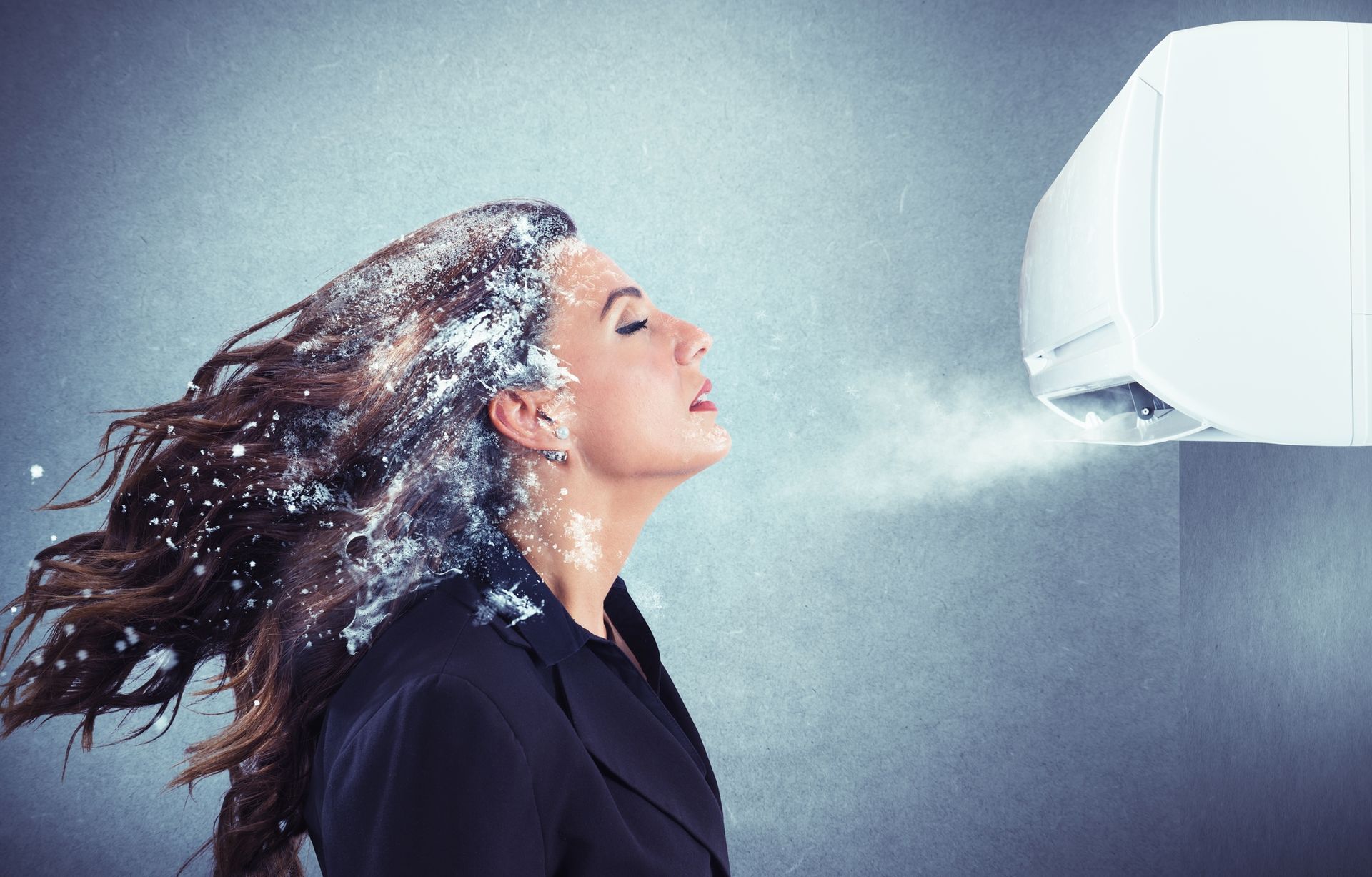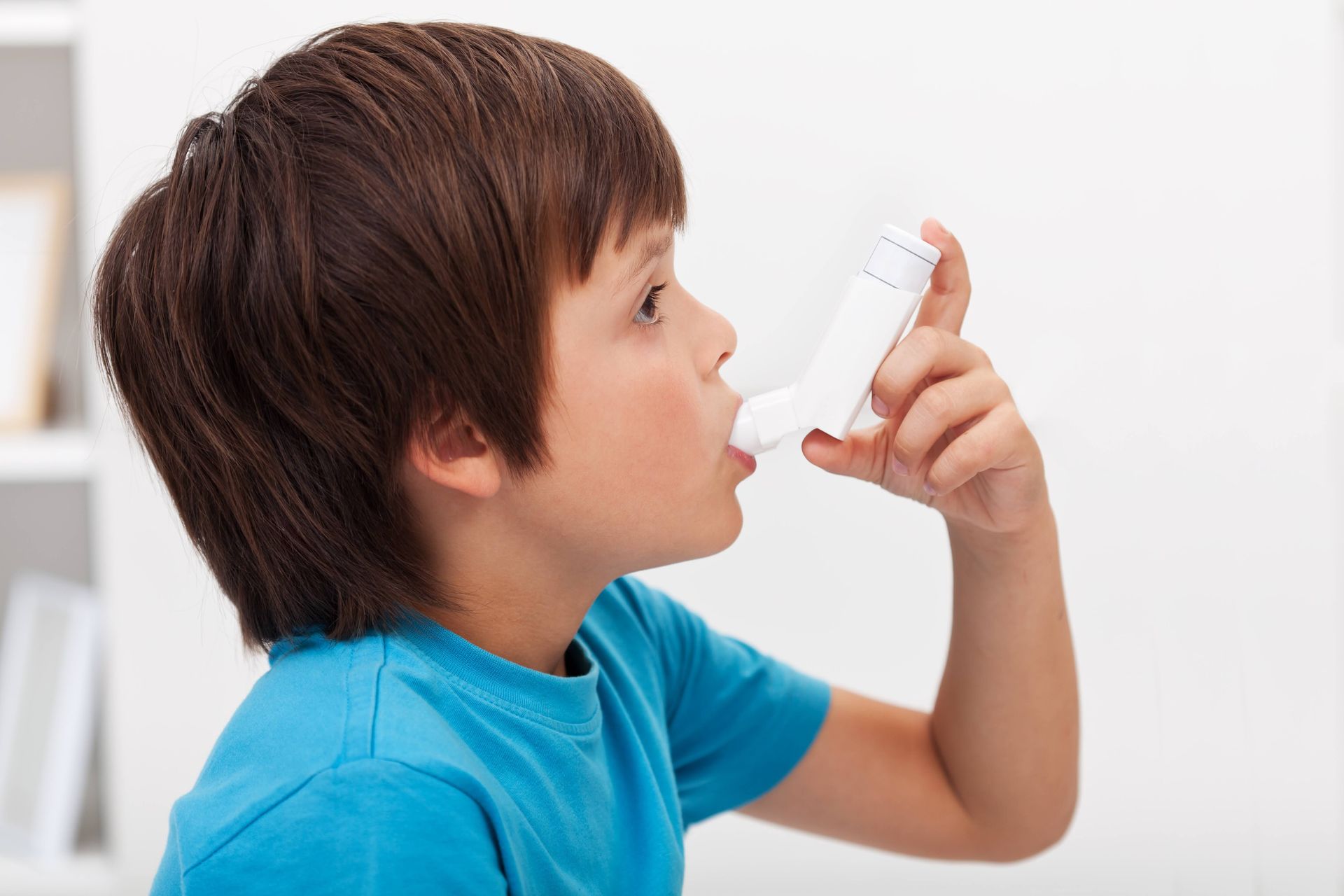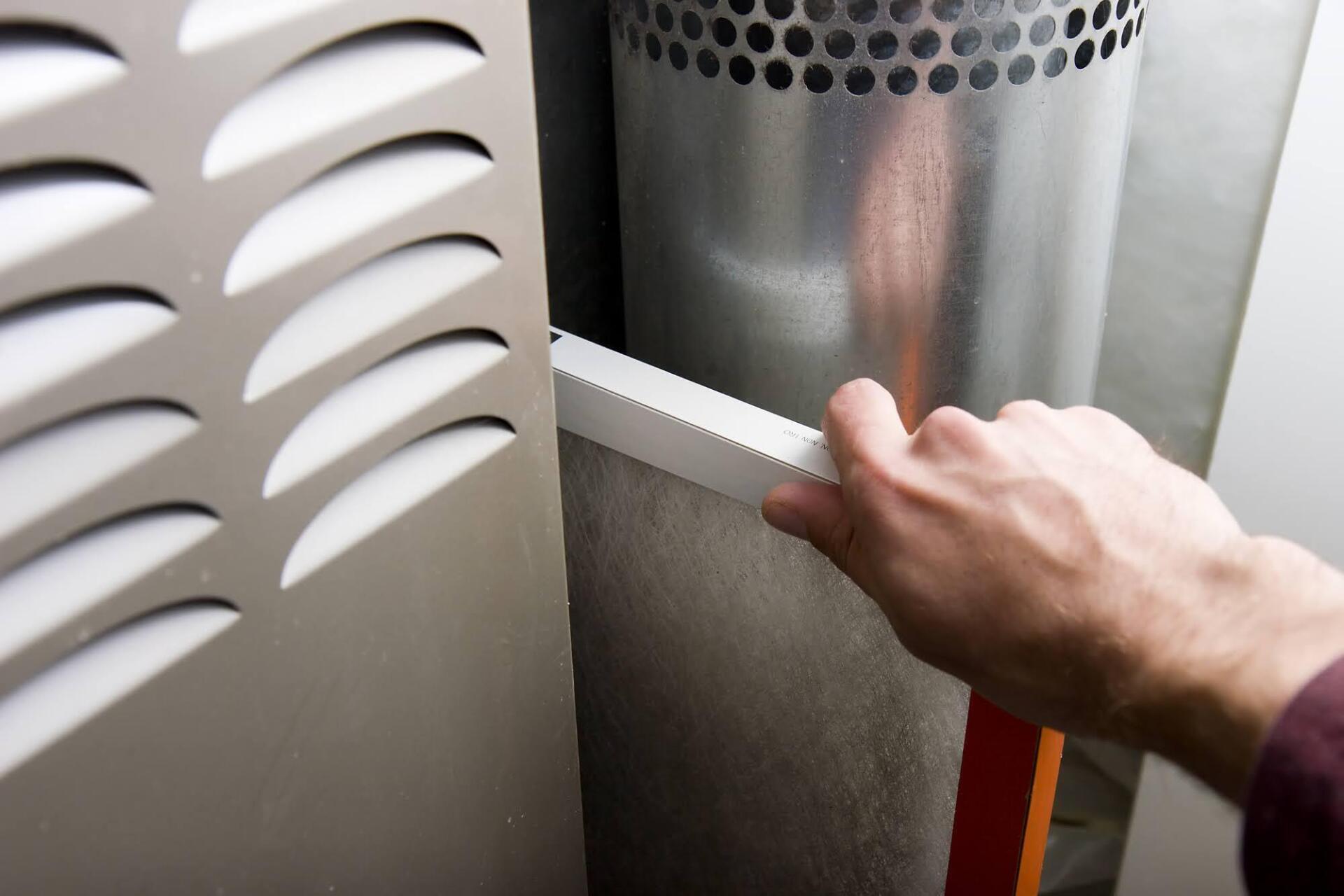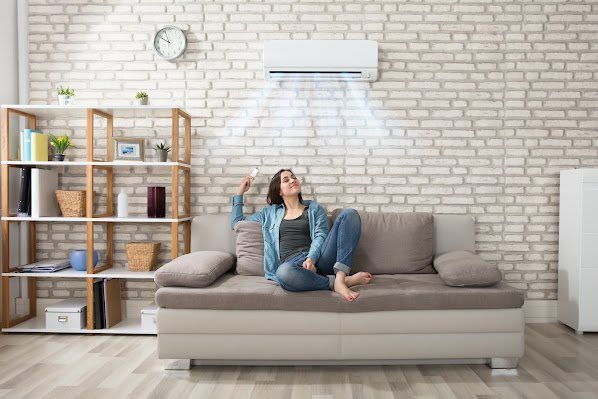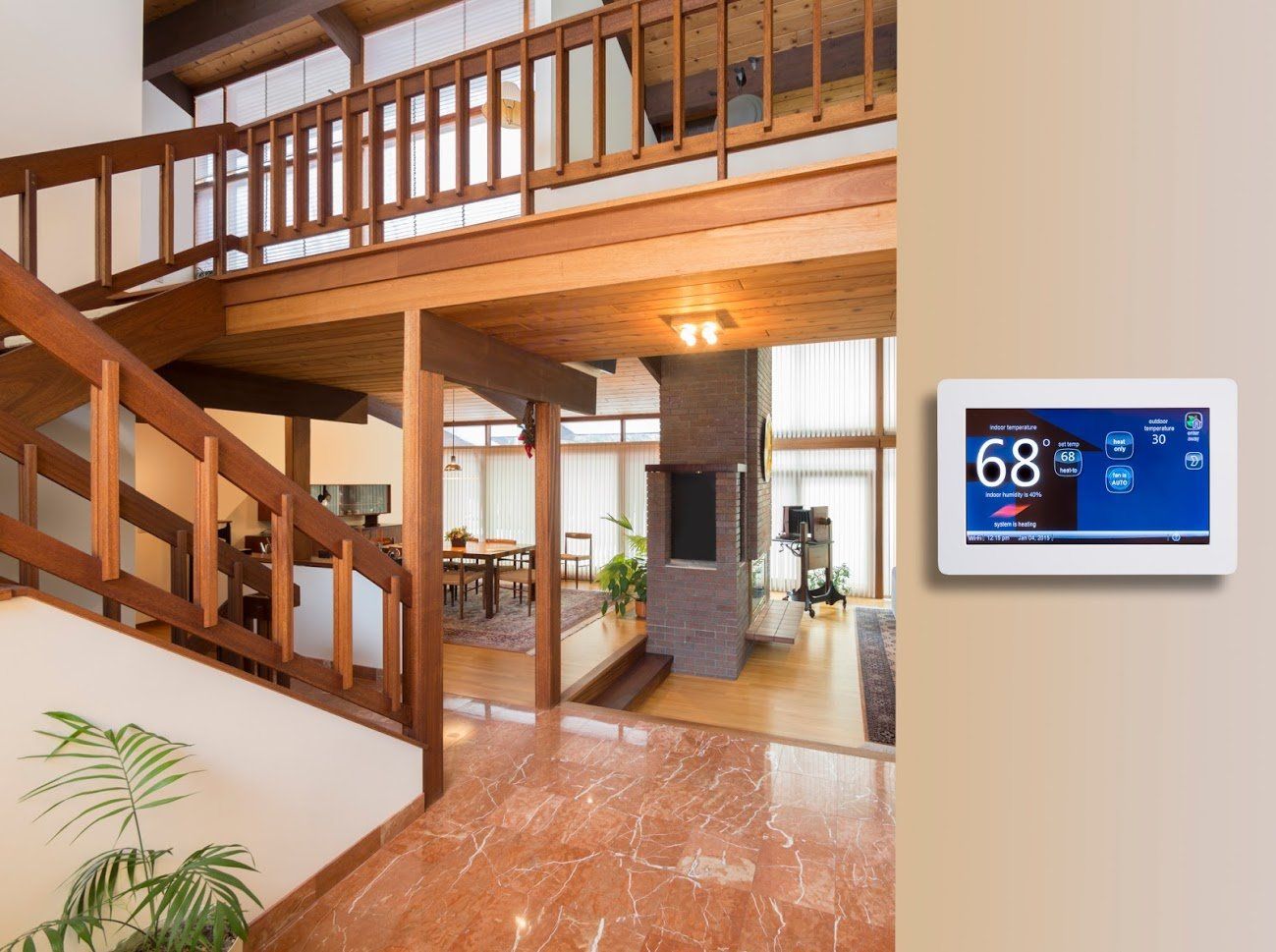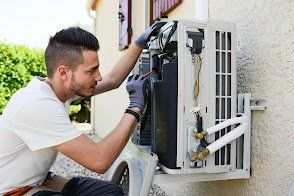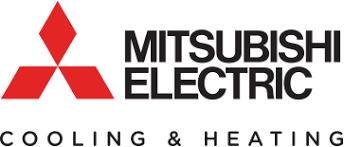Which Filter, HEPA or MERV, Is More Effective for Your HVAC System?
| August 22, 2022
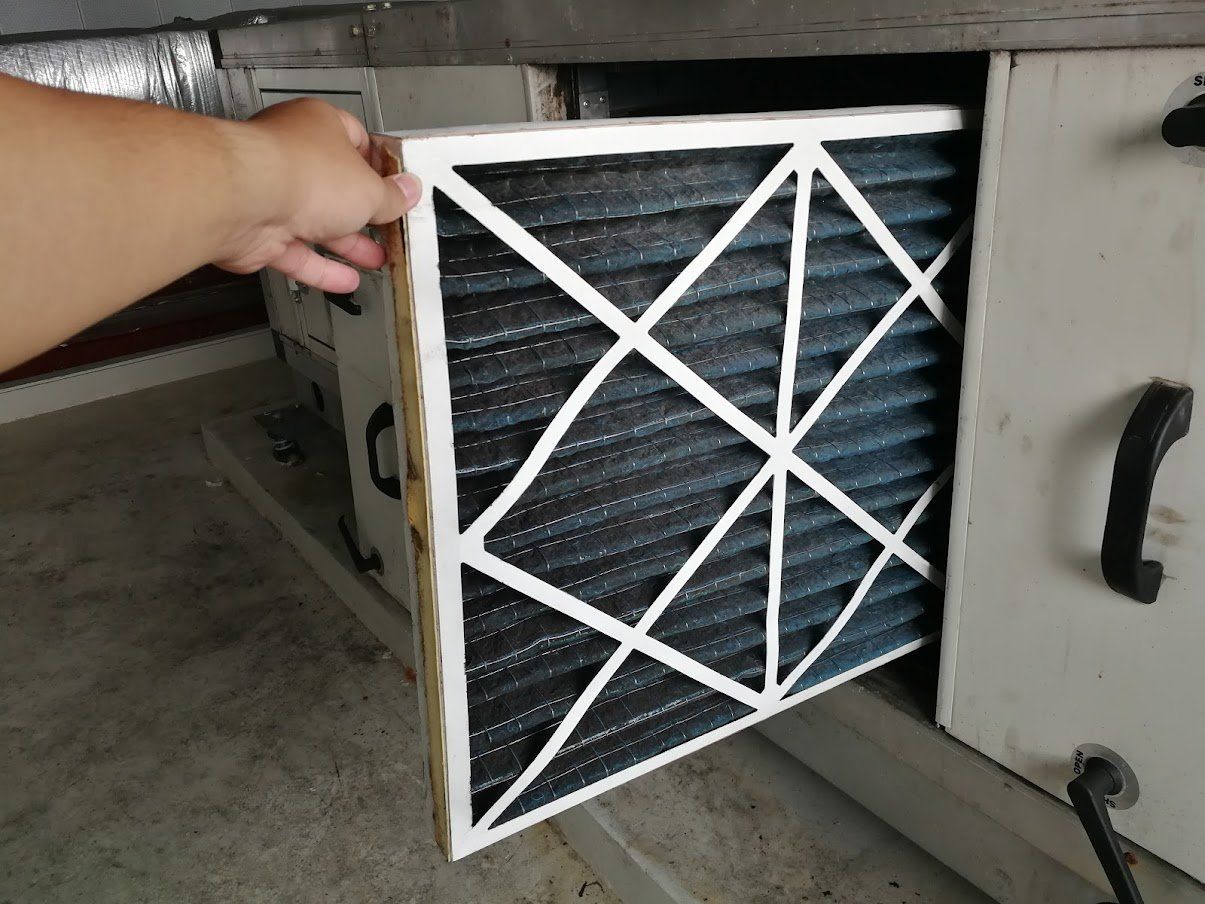
Your home's HVAC system is intended to circulate air while both heating and cooling it. Every HVAC system has a filter to take particulates and contaminants out of the air. Considering how many hours the typical homeowner spends indoors, it's essential to ensure that your HVAC system does have the best filter, not simply for your convenience but also for your wellbeing.
If you've ever gone hunting for an air filter for your HVAC system, you've definitely heard of HEPA and MERV filtering systems. These kinds of filters aid in the removal of airborne pollutants from your house, but which is best for your HVAC system? Both work well, but there are some key distinctions between them.
Choosing the best air filter is critical for a variety of reasons. Using the incorrect air filter can increase your energy costs, affect the quality of your indoor air, and potentially require additional HVAC system maintenance in the long run. When choosing filters, there are several aspects to consider. In this blog, we'll look at which filter, HEPA or MERV, is better for your HVAC system.
How are HEPA and MERV Filter Systems Different From One Another?
Although the market is flooded with air filtration devices, not every one of them is made equal. Some of the most popular HVAC standard-rated filters are HEPA and MERV. Unfortunately, the majority of consumers frequently make the error of purchasing HVAC filters before fully comprehending which of the two filters is best suited for their needs. So what exactly are MERV and HEPA filters?
What is a MERV Air Filter?
It's crucial to first recognize that MERV, which stands for Minimum Efficiency Reporting Value, is essentially a rating system. There are various MERV-rated air filters. The MERV rating method measures and compares the capacity of air filters to catch particles between the sizes of 0.3 and 10 micrometers.
As a result, the MERV framework assigns a rating to air filters depending on how well they can capture airborne particles of different sizes.
What are HEPA Filters?
HEPA is an acronym that stands for High Efficiency Particulate Air. This filter's unique design drastically reduces the number of particles it allows to pass through. A filter needs to remove all debris with a width of at least 0.3 microns in order to qualify as genuine HEPA. Thus, these filters can purge the air in your house of 99.97 percent of all particulates.
Because of their better filtration, HEPA filters are the preferred option in environments where clean air is essential.
What Is The Perfect Filter For Your HVAC System?
Both MERV and HEPA filters have benefits and drawbacks. Thus, you should select the one that ideally meets your requirements.
Who Should Use a MERV filter?
For home HVAC systems, you ought to always aim for anything between MERV 5 and MERV 12 at most. However, many household HVAC systems lack the strength to operate even with a MERV 12 filter. If you opt for an overly efficient filter, it can cause a slew of issues with your HVAC system because it's too restrictive for adequate airflow.
So, the majority of householders may benefit from MERV filters. A MERV filter strikes the ideal trifecta of affordability, effectiveness, and efficiency.
Who Should Use a HEPA filter?
For households with medical issues, a HEPA filter is a great option. We suggest this choice if you have a person in your home who requires an extra layer of pollutant protection. If you operate a high-traffic facility, work in the healthcare profession, or interact with children or the elderly, HEPA filters might be an excellent investment.
It should be noted that Filters are a passive technology, the particles have to move through it to be affective. For a total Indoor Air Quality solution, an active air purifier should be used in conjunction with filtration. There are several options for that technology that we can address in a future blog.
Regardless of the filter your HVAC system can handle, if the system is not functioning correctly, it won't matter. To keep your home's HVAC system in excellent shape, contact Central York, and our whole-house professionals will take the time to find out about the specific issues you're having in your home and propose the best solution for you and your family.


